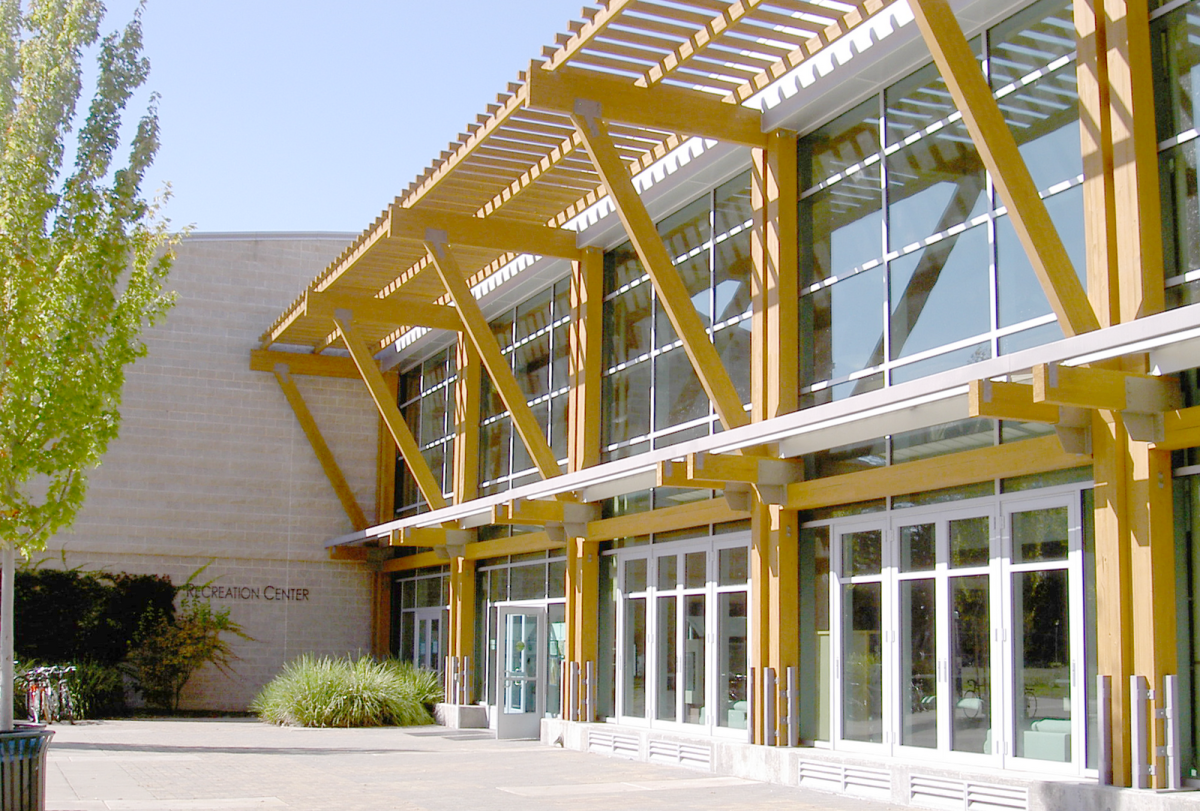As our planet faces environmental challenges and rising temperatures, Sonoma State celebrated Earth Week as a reminder that local action still matters everywhere.
Earth Day was first celebrated on April 22, 1970. It grew into a movement to raise awareness about wildlife loss, pollution and the urgent efforts needed for our planet. It has been a global call to action for over 50 years, and is now recognized in more than 193 countries — reminding and inspiring humanity that protecting Earth is our responsibility and making small changes will lead to a healthier planet.
At Sonoma State, Earth Day is commemorated in various ways.
On April 22, ‘Seawolves Dig In’ offered the Sonoma State community an opportunity to get their hands dirty in collaborative gardening projects across the campus. Additionally, participants could engage in restoration and vegetation management in the Butterfly Garden.
In addition, the Biology Graduate Students Club hosted an ‘Earth Day Plant Sale’ from April 22 through April 24 outside Darwin Hall.
The plant sale offered visitors, staff and students an opportunity to purchase a variety of plants that were hand-grown by SSU’s biology students, and some selected from local shops as a way to celebrate our planet and support student research and educational activities within the department.
“Our time on this planet is a gift for us all to flourish and thrive together as a species,” said Spencer Kenyon, a third-year student at SSU. “This Earth Day, start locally to find an educational community that aligns with causes you care about. I’ve decided to eat more seasonal crops to help support local ecosystems — a step toward a healthier, more connected world.”
Since the end of the last ice age, the world has lost one-third of its forest, which is approximately 2 billion hectares.
With deforestation, climate change and plastic pollution threatening the environment, Earth Day serves as a reminder for all people to do their part, and that environmental issues affect everyone. Whether it is reducing waste, planting a garden, or supporting conservation efforts and organizations, small steps will lead to meaningful changes on planet Earth.
“For us to thrive, the Earth must thrive,” said Theo Reece, a third-year women’s and gender studies major. “Policies that harm our environment—like deforestation—threaten the very systems we rely on to live. The destruction of nature is the destruction of us.”
Earth Day is much more than just a date on our calendar. It is a necessary worldwide change to maintain a more sustainable, hopeful, and clean environment. The change depends and starts here, with us.
For more information on how to get involved and make a change, visit EarthDay.org.





































